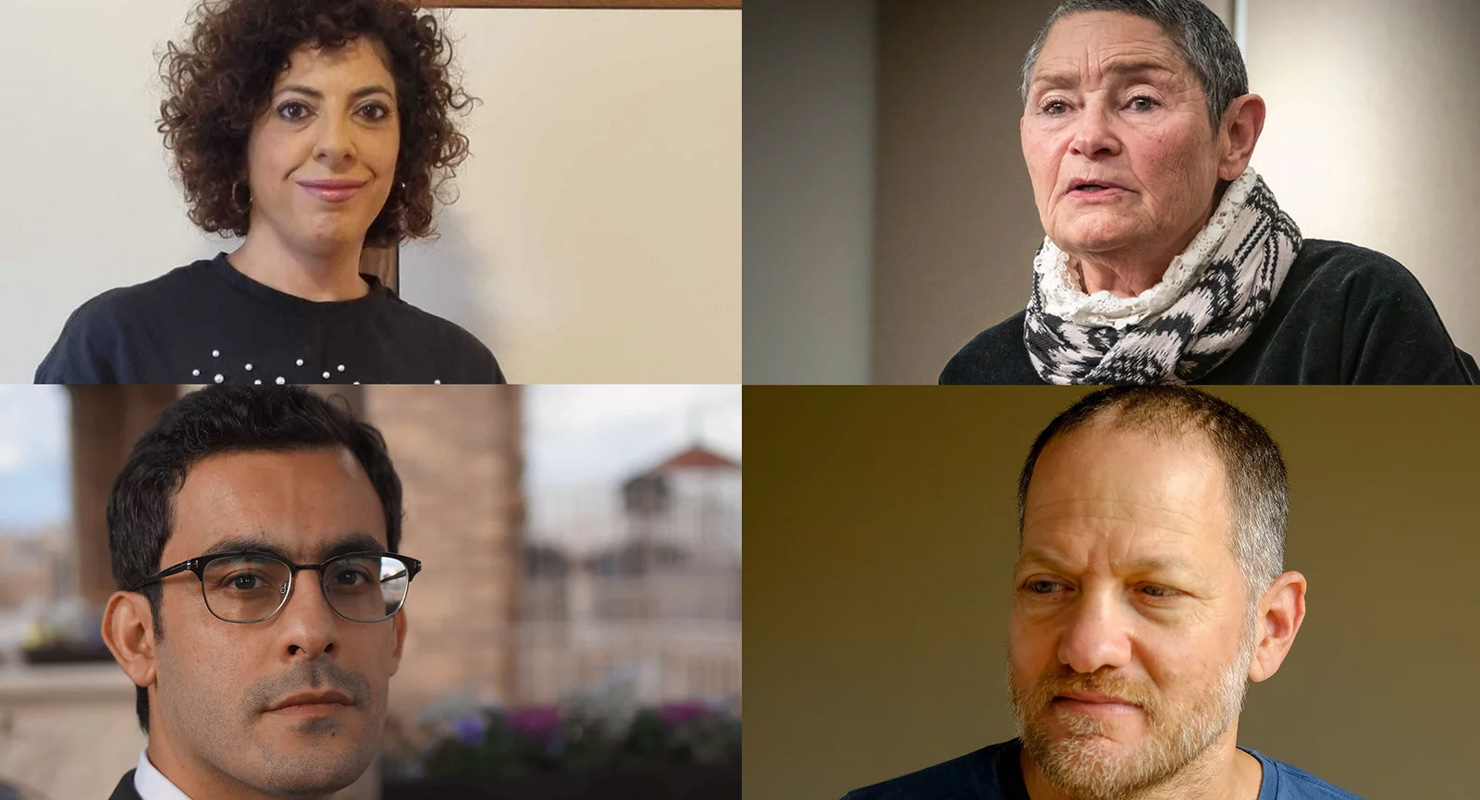JERUSALEM | Parents of Seeds have been meeting monthly as part of a dialogue series that parallels the dialogue program held at the Seeds of Peace Camp.
During the meetings, which are held separately for Jewish and Arab parents of Israeli Seeds, and for parents of Palestinian Seeds in the West Bank, participants discuss topics related to the experiences of their children, as well as topics related to the conflict in their daily life.
For example, 11 Palestinian parents met with Seed and dialogue facilitator Bashar on January 13, who spoke with the group about his experience with Seeds of Peace and life as a Palestinian living in Israel. On February 11, seven Jewish-Israeli and Palestinian-Israeli parents met with Seeds of Peace staff in Kfar Saba to discuss issues around the identity of Palestinian living in Israel.
“This is the first time for me to think about the Palestinian identity of Arabs in Israel from such a broad point of view,” said one parent.
“For me it is important to be here. I expect from myself the same I expect from my son, and if he is engaging in dialogue with Palestinians, so should I,” said another.


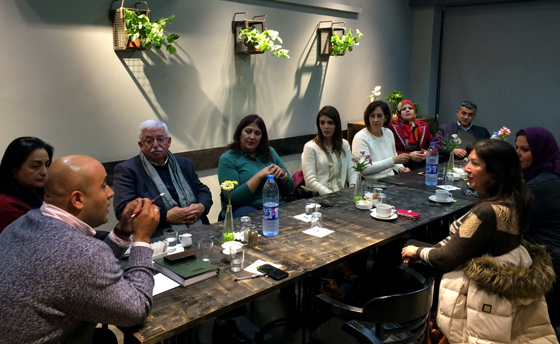
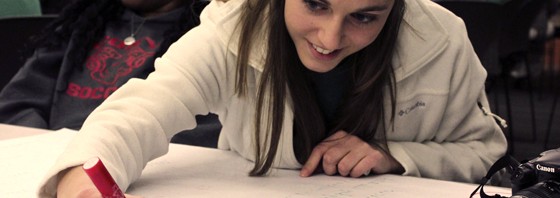
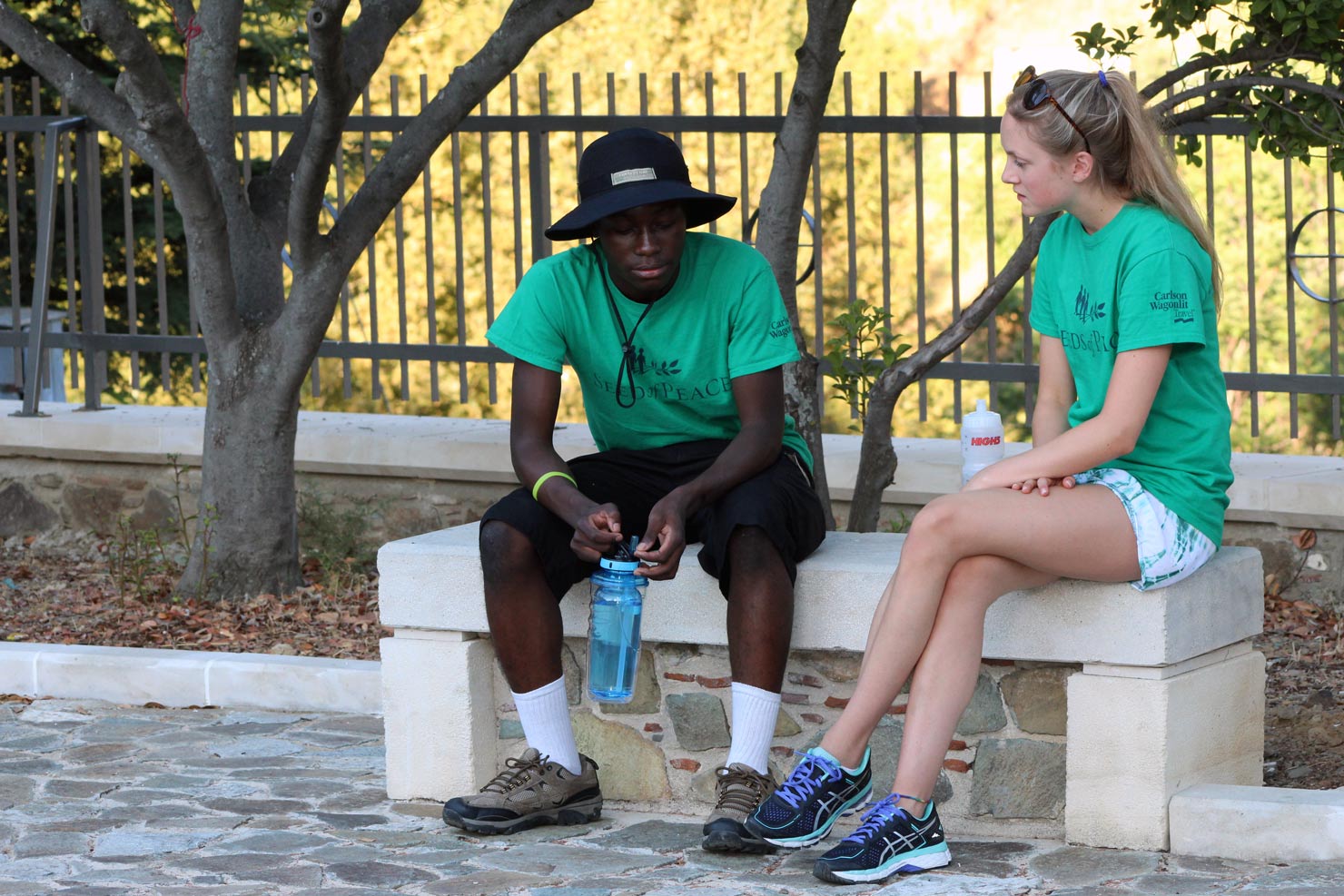

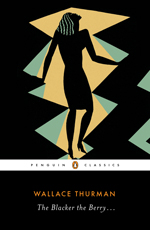
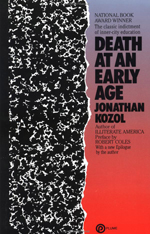
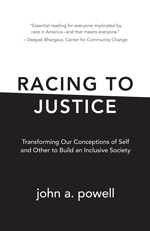
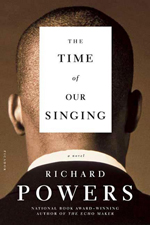
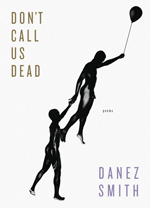
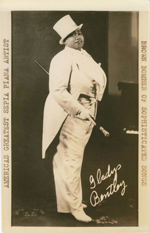
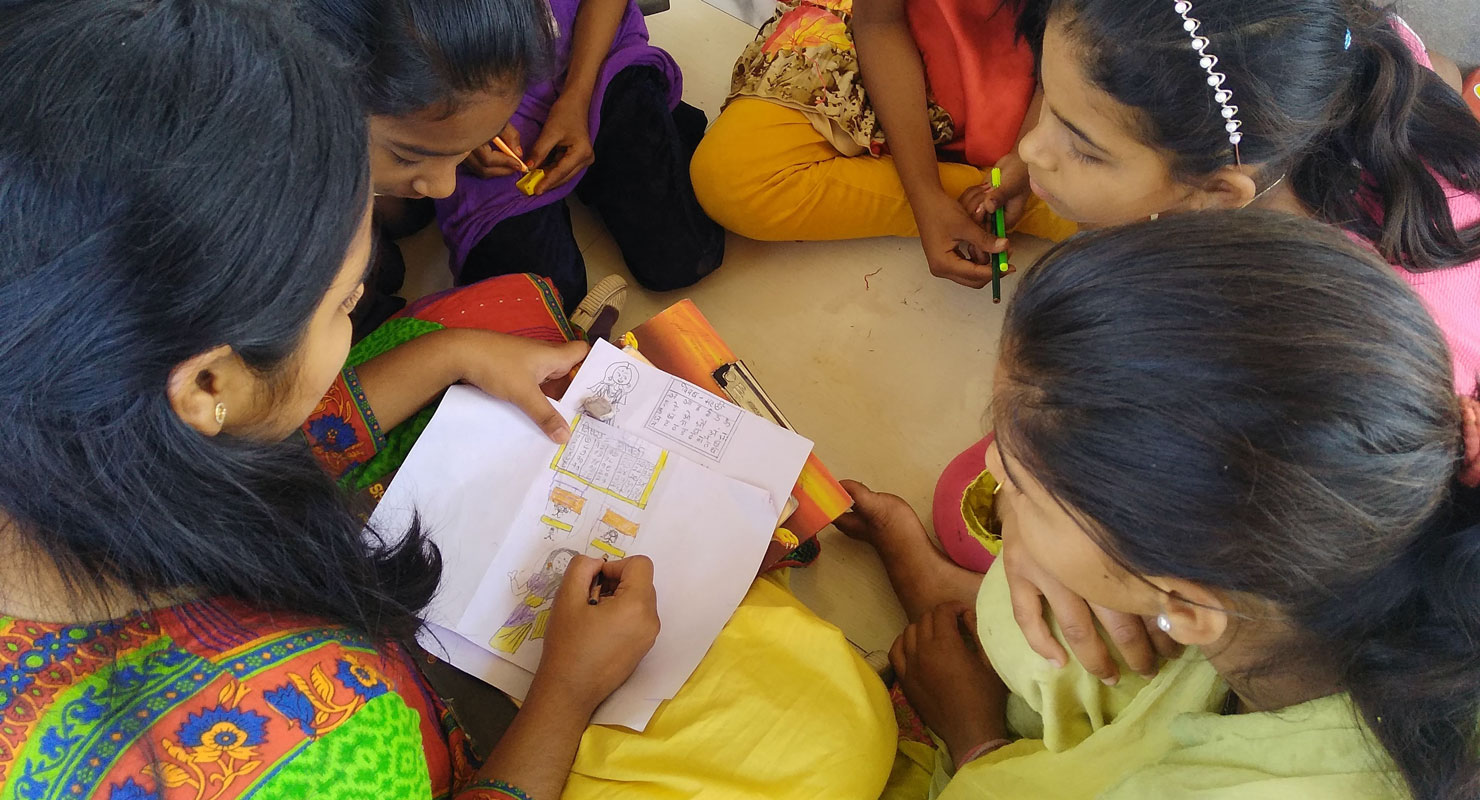
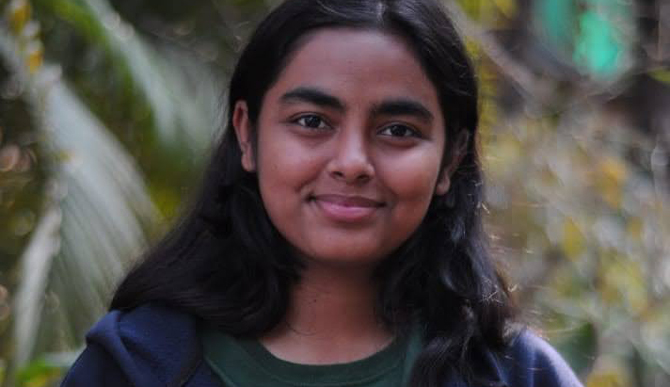
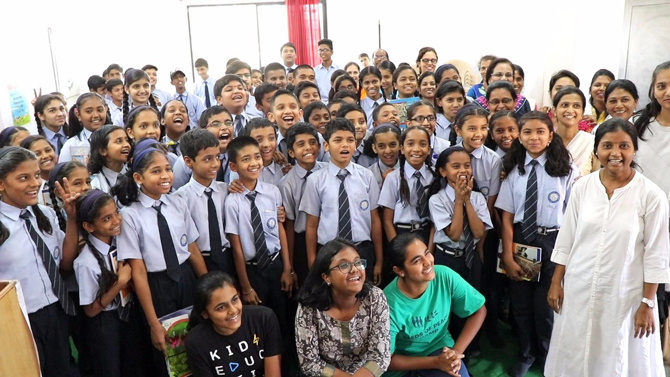
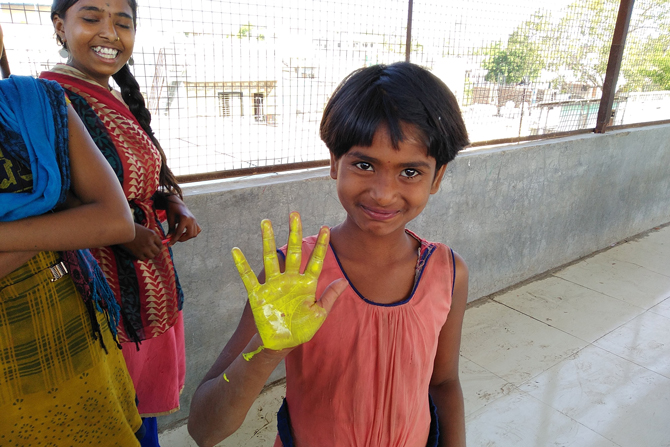
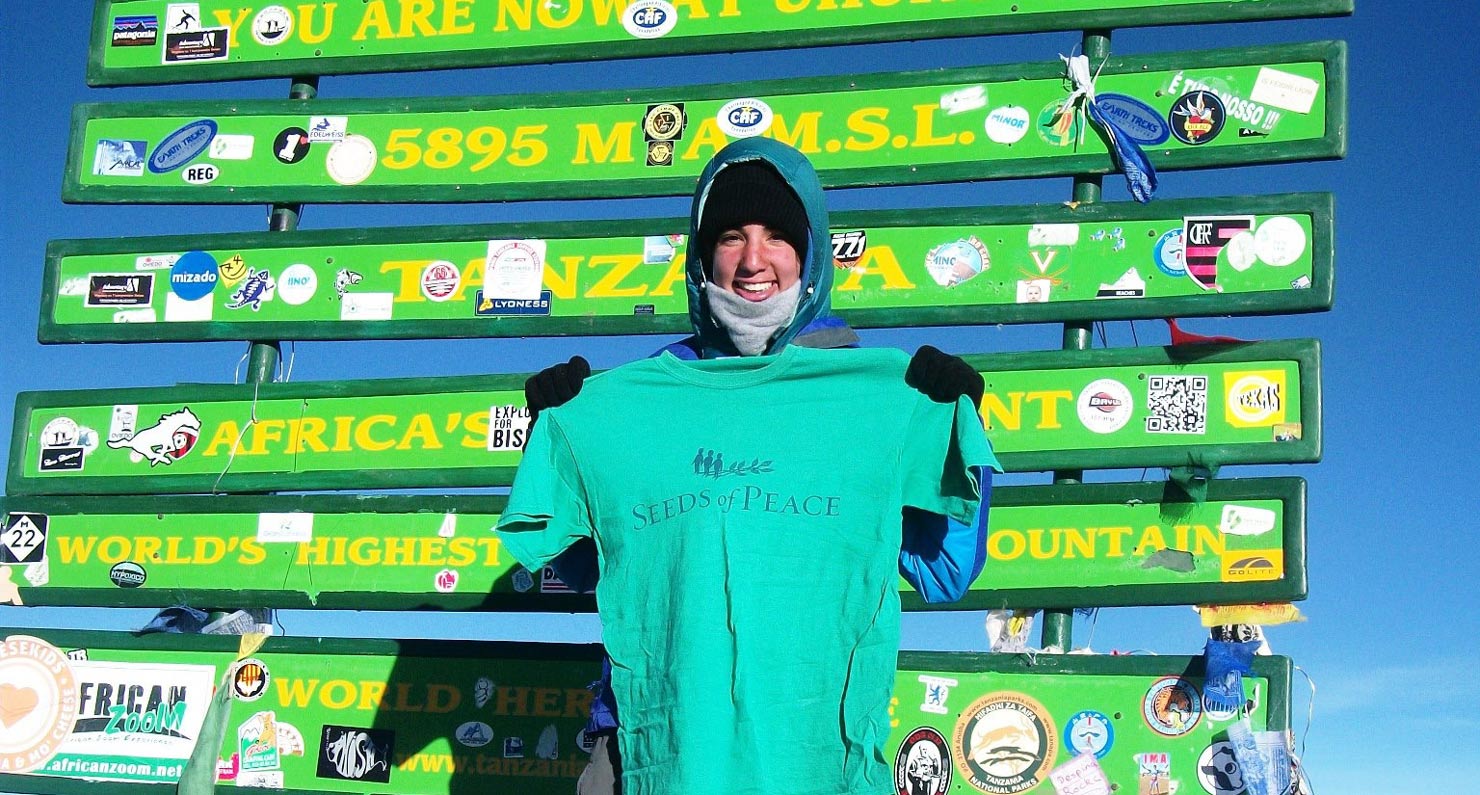

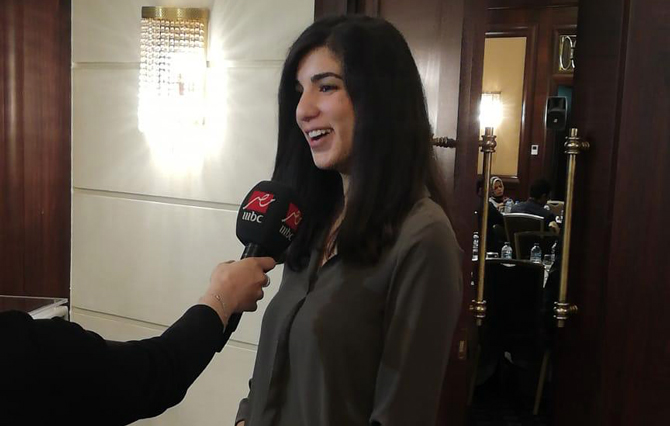
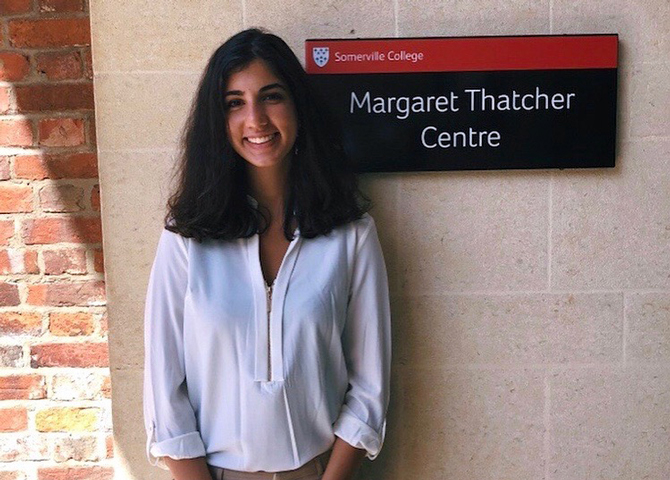
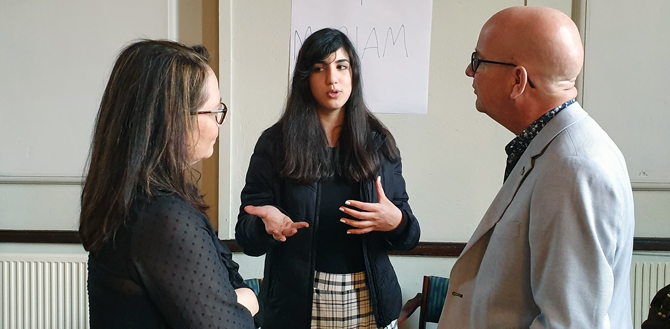
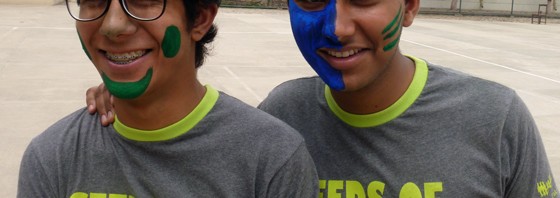


 Since I was 12 years old, I’ve spent every summer at camp, first at my Scout camp in Pennsylvania and for the last decade at youth peace camps in the US and the Middle East. This year, I was hoping to visit the Seeds of Peace Camp in Maine for the very first time.
Since I was 12 years old, I’ve spent every summer at camp, first at my Scout camp in Pennsylvania and for the last decade at youth peace camps in the US and the Middle East. This year, I was hoping to visit the Seeds of Peace Camp in Maine for the very first time.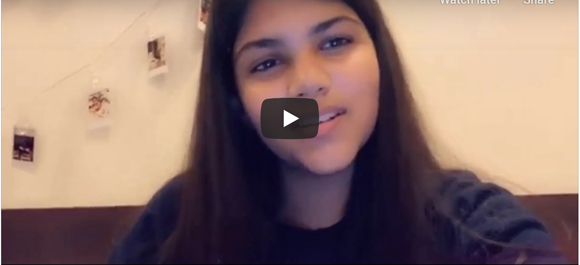

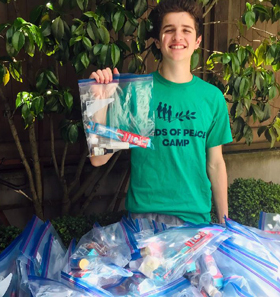 Charlie (2019 American Seed) is helping those in his community who are homeless by providing them with
Charlie (2019 American Seed) is helping those in his community who are homeless by providing them with 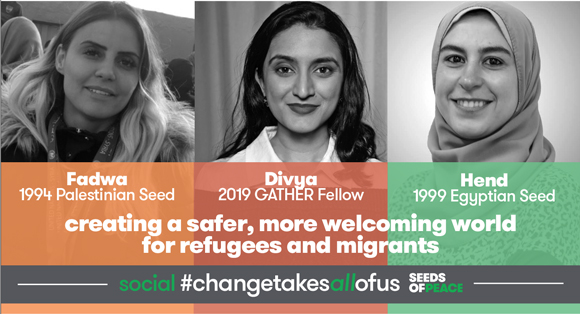
 •
• 